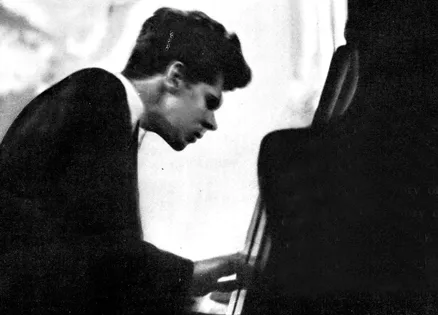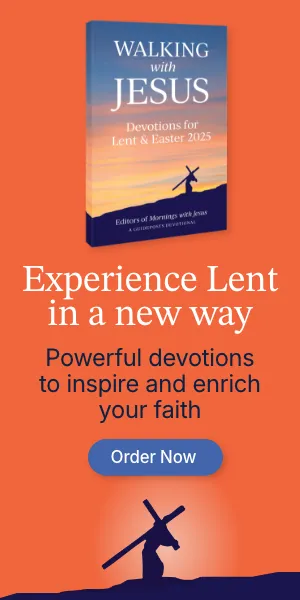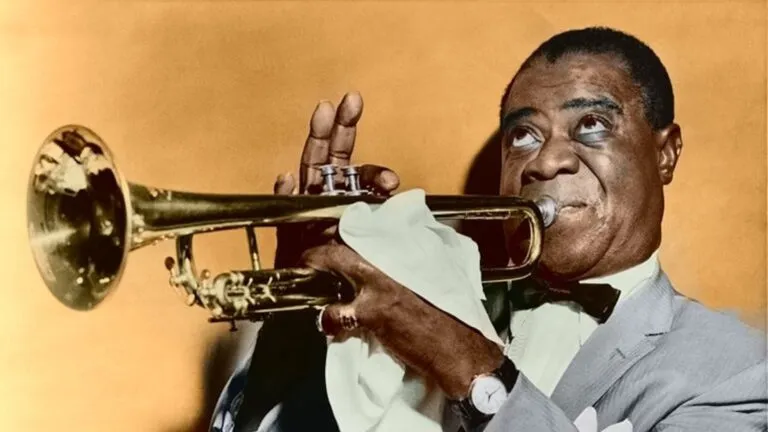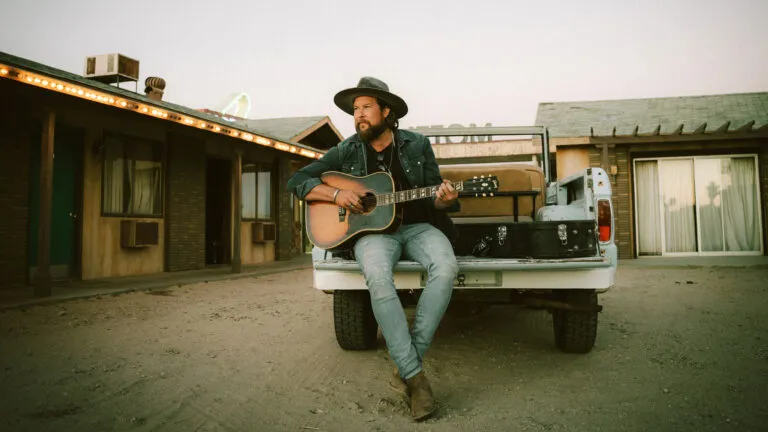At Christmas in 1942, the present that most fascinated me was a child’s picture history of the world. In this book of magic, faraway places, I viewed with wonder the Parthenon of Greece. India’s Taj Mahal, Westminster Abbey, the Tower of London, Versailles and the Washington Monument.
But the one picture that especially attracted me was the 16th Century original of the magnificent Cathedral of St. Basil in Moscow. I was awed by the different colors, the seven towers, each of the onion-top varieties differing in its spectrum and height, reaching upward, pleading, toward the sky.
And as a child of seven—unaware of politics, race, or creed—I begged: “Mommy, Daddy, please take me there someday.”
Like all parents they answered: “Maybe so, sonny.”
Sixteen years later, I stood with an interpreter in front of the National Historical Museum in Moscow, looking directly across Red Square at the Cathedral of St. Basil. I was still a little giddy from the response of the Russian people to my victory in the Tchaikovsky competition. It all seemed unreal.
Back in my hotel room there were several hundred letters from Soviet citizens. Most of them used such words and phrases as, “God bless you,” and “God be with you,” and “Keep your spiritual values.” On our Easter Sunday I went to one of their churches. It was packed.
All of this made me pause, and wonder at the strange geographic path that had led me from America to Moscow. And with the sudden and spectacular acclaim still echoing in my ears because I had won a contest, I had to ask myself: What is success?
At that moment I didn’t have the answer. Abruptly, I realized there was another path, an invisible one to the outside world, which I had also been following, and its importance gave me pause at this moment of excitement. My mind traveled backward, remembering…
Upon arrival in Russia I had telephoned my parents from Moscow to our home in Kilgore, Texas, and asked them to pray for me. Later, I learned that the ministers had asked the whole town to pray for me.
My parents did not pray for me to win; in their minds winning isn’t always the best thing. They prayed that God’s will be done.
From the time I can remember they have always taught me: “Everyone has to work. No one can sit on the tracks and pray. That won’t stop the train.”
They’re nice, uncomplicated people, with no false pride, or false modesty either. When I’m good they tell me how good, and when I’m bad they do not hesitate to tell me how horrible I am.
They have always been direct: Just before I was to give my second public concert, when I was six, I ran into a tree and knocked out a front tooth. Two were already missing. I begged my mother:
“I can’t play without any teeth.”
“Just don’t smile,” she said. “The rest will be done by your hands—and God.”
Their best text, which became mine, is, In all thy ways acknowledge Him, and He shall direct thy paths. That’s Proverbs, 3:6.
My mother was skilled enough to be a concert pianist. Her parents vetoed the idea, so she became a teacher. She still is. She has 45 pupils. I was her student for 14 years, starting at three. I’m always hoping she’ll quit. When I suggest it, she or my father will say: “But we have our own lives to live.”
My father, who’s now a district sales manager for the Magnolia Petroleum Company, dreamed of being a doctor when he was young. No money.
He dreamed I’d be a doctor-missionary. When I told him I wanted to be a pianist, without any hesitation he built a studio for me in the garage, with two pianos. There were two in the house for mother.
They never pressed me to play. Mother played so beautifully that all she had to do was start, and I’d come running and join her. Whenever I practiced they’d stop everything, and be the audience. There was no higher encouragement.
Before I could walk they carried me to church. When I was old enough they let me sing with them in the choir. My mother is still the church organist. They live with the conviction that the business of life is to serve God first, and thereby they can serve men best.
Before I came to New York they explained in great detail all the pitfalls, heartaches, and uncertainties of the music world. But they also sent me off with the security and love to weather them.
At Juilliard my teacher, Rosina Lhevinne, and the dean, Dr. Mark Schubart, urged me to try for the Leventritt Award, a much coveted prize because it gives the winner a performance with the New York Philharmonic Orchestra.
I won it. That season I was given 30 concerts to play. The next season the number dropped to 20, and the third to hardly any. My mother broke her back and I rushed home to be near her, and to coach her pupils. It was then that Rosina Lhevinne urged me to go to Moscow for the International Tchaikovsky competition.
I was at my lowest professional ebb: I had run up some sizeable debts, which my parents knew nothing about. The danger then was not to let fear overwhelm me. It was not a great danger. The brick of my life is music, but the mortar is faith.
And how is my faith related to music? I have big hands. They can span 12 notes. With them I can practice day in and day out endlessly, but when I walk out on a stage, I’m never sure I’m going to play correctly—without faith.
With the sudden acclaim in Moscow, I should have been ecstatic, for the fragrance of fame and fortune is sweet. But I wasn’t.
Even if I could measure it, and I couldn’t, the whole thing was frightening. When I arrived back in America, the reporters at the airport asked:
“What do you think of your success?”
There was only one answer: “This isn’t success. It’s sensation.”
All I saw ahead then was the desperate need to pray for the strength to continue whatever was meant for me. But inside I yearned for peace of mind. And I knew that did not come without a closeness to God.
He was with me along the invisible path, from the beginning. And He is with me now, under the push and pressure of material success, when I have to hide in order to find the privacy to practice.
A closeness to God is the only real immortality. It is the only real success too.





